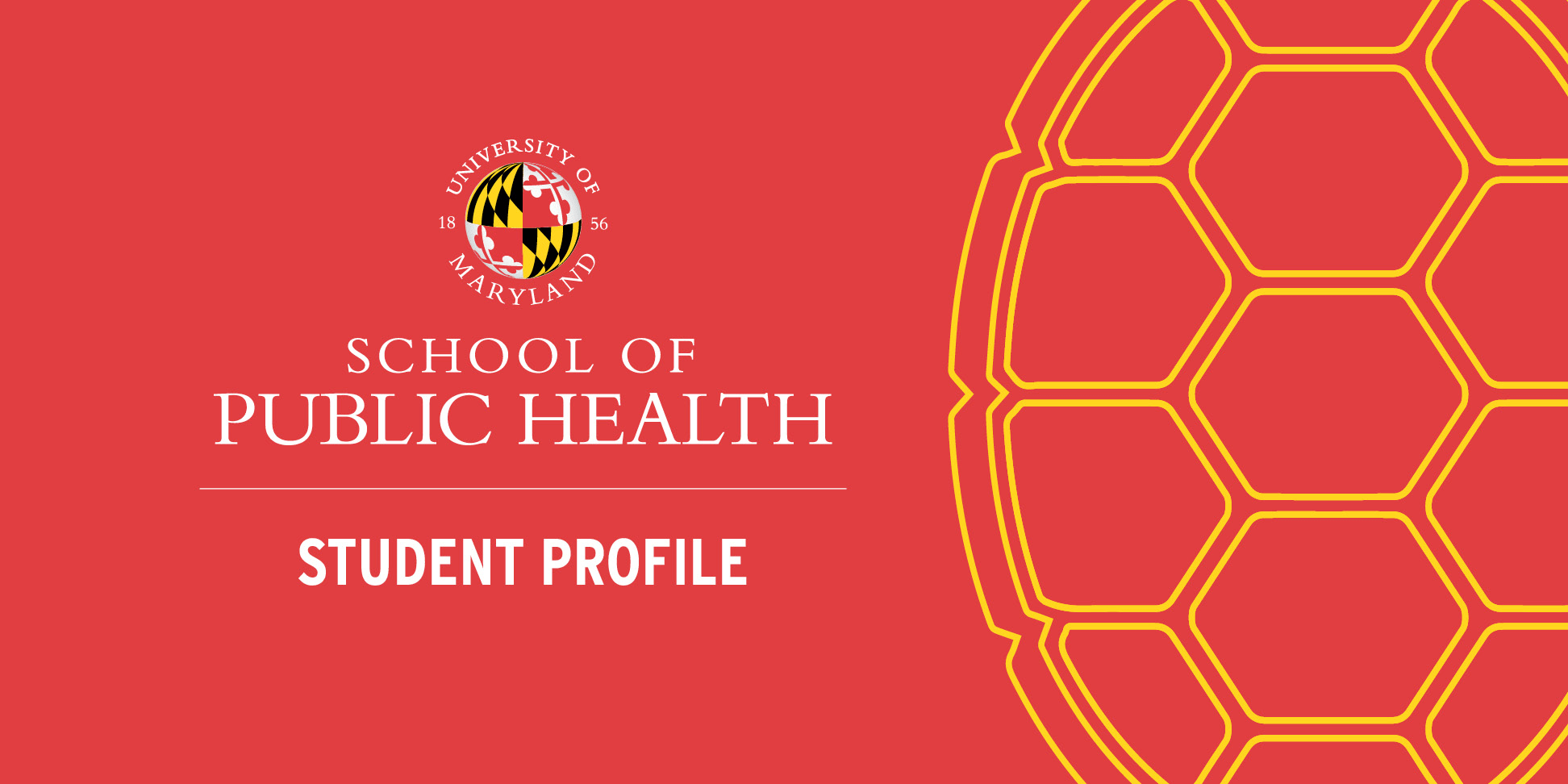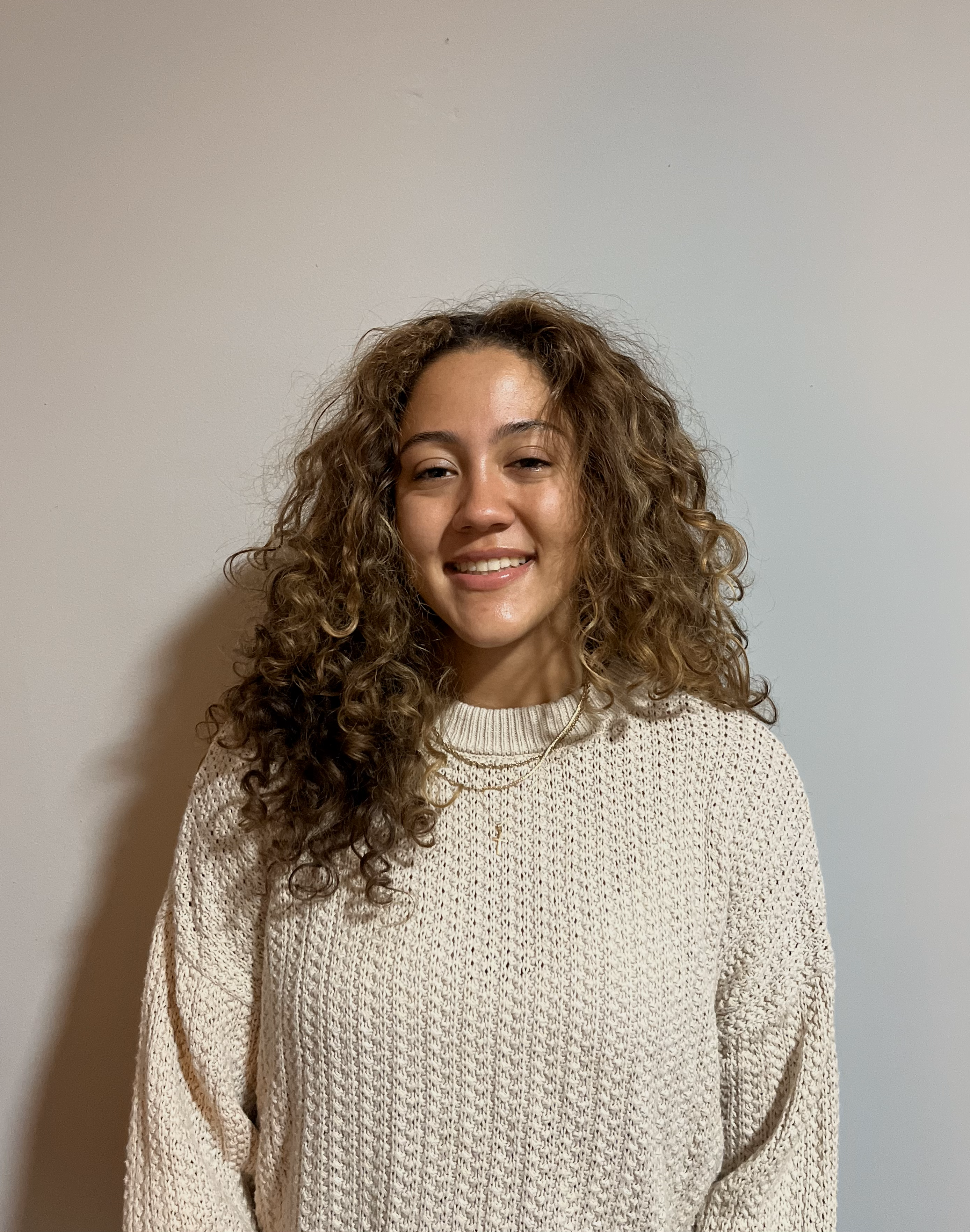

Lydia Walter
Bachelor of Science, Public Health Science
Global Poverty Minor
Lydia Walter served as Project Leader for PHBB India from 2022 to 2024 and PHBB president from 2024 to 2025. As part of two travel teams to Varanasi, India, Walter helped deliver stress management, team building and first aid workshops based on community needs assessments. Walter and her team were able to present research findings at the American Public Health Association conferences. Walter has since graduated and is now serving in the Peace Corps in Peru.
In one sentence, what is public health to you?
Public health is an all-encompassing science, health, well-being, preventative care and treatment.
What inspired you to study public health, and particularly, at UMD?
At first I didn’t know about public health so I started out as Biology and then decided to join a bunch of clubs that have to do with community work. Then my roommate freshman year was a public health major and she was telling me about her classes and I just remember listening to it and being like, “that's exactly what I want to do.” It combines science perfectly with community work and populations and people and health. So I changed my major and ever since, I’ve really loved being a public health major.
What person or experience has had the greatest impact on you during your degree program?
Working with Public Health Beyond Borders has had one of the biggest impacts on me. It’s shown me different types of research that you normally don't really get exposure to in the classroom. It's also helped me to develop cultural competency skills, people skills and leadership skills. It allows me to connect with a culture that I normally wouldn't be connected to. I’m super grateful that I stumbled upon the club. It's been a really amazing and impactful experience.
What from your UMD experience inspired you to work with the Peace Corps in Peru?
First and foremost, Public Health Beyond Borders opened my eyes to what a career in global health could look like, especially one in another country. My time with the India team allowed me to get involved with a completely new culture and language I hadn’t had the chance to earlier in life. I’d like to learn more about other cultures, and I’m not as familiar with Latin America, so working in Peru allows me to learn about a new culture while making a health-related impact.
In terms of classes, Medical Anthropology gave me a new perspective on health and holistic medical practices around the world. Behavioral and Community Health also taught me about how to apply public health concepts to various methods of community intervention. I was also inspired by Structural and Systemic Inequities in Public Health.
What facets of public health are you most interested in working with in Peru?
I’m excited to get involved with actual “hands-on” work. My time at UMD and with PHBB was amazing, but all my hands-on expertise was secondary to my studies. In Peru, I’ll be able to work firsthand with many groups. I’m going to be working as a community health facilitator, which means I get to work with mothers and children under 5. I’ll get to do house visits and collaborate with a local school and clinic to address adolescent health issues.
What are your academic and professional plans after your time with the Peace Corps?
As of now, I plan on coming back to the states and pursuing a Master’s of Public Health (MPH) after the Peace Corps and work in some aspect of global health. I could see that changing, though, if this job opens up new opportunities I’m not even thinking about yet.